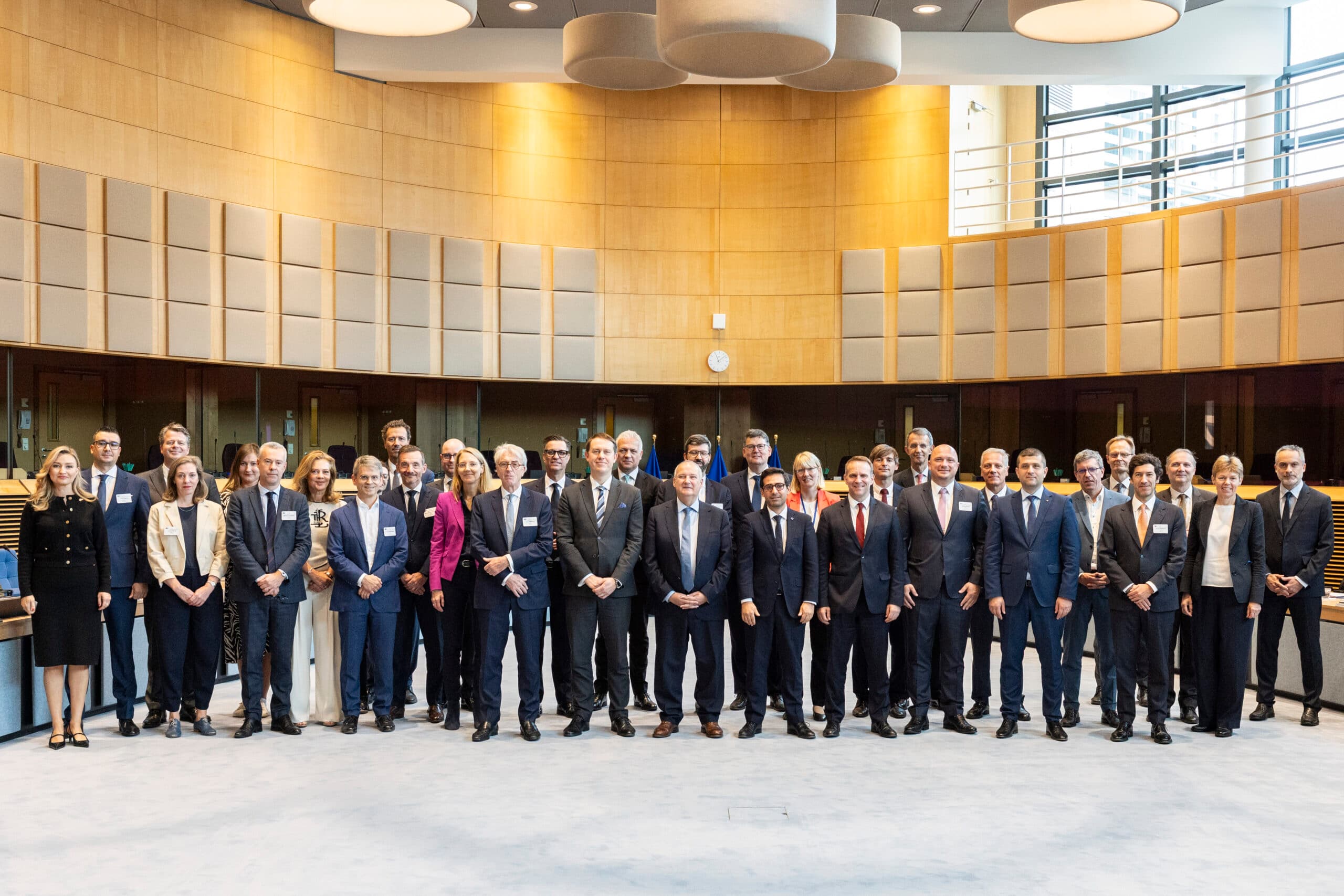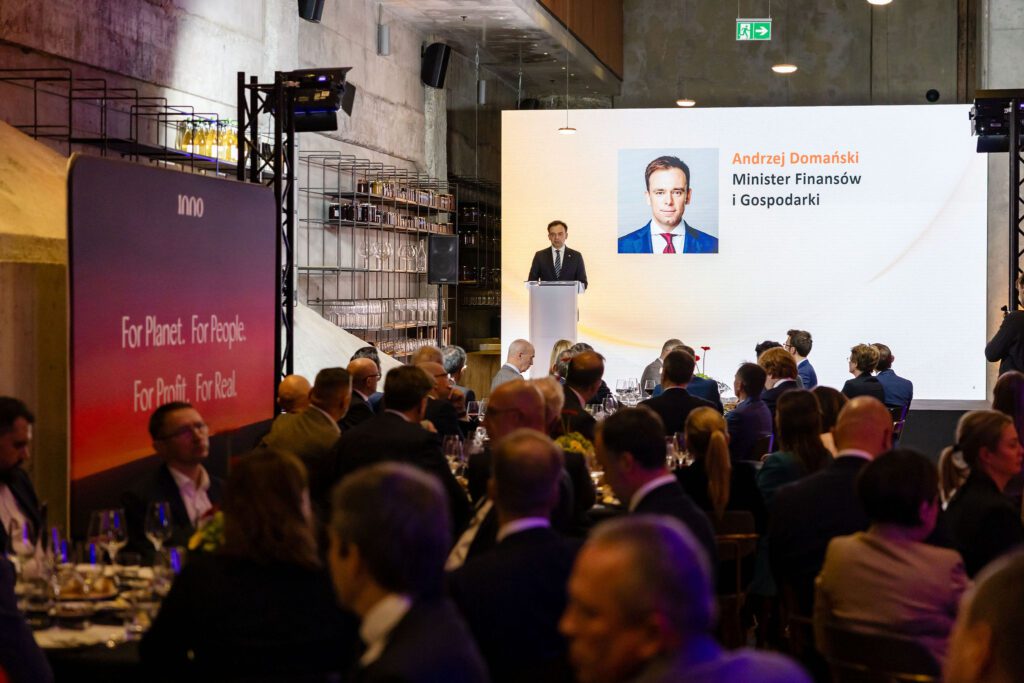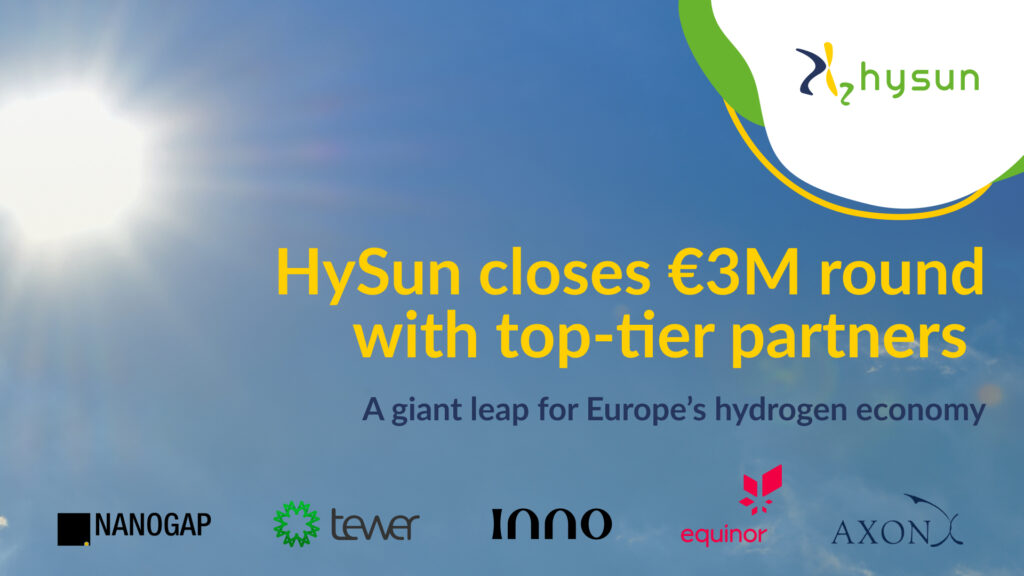This week in Brussels, European Industry Ministers and representatives from 20 Member States, and the European Investment Bank came together under the European Battery Alliance and the European Solar PV Industry Alliance. Chaired by European Commission Executive Vice-President Stéphane Séjourné, the meeting assessed progress and explored the support needed to strengthen Europe’s clean technology manufacturing base for solar photovoltaic (PV) and battery sectors.
Industry representatives from across both value chains were present to outline achievements and persistent challenges for the sectors, including InnoEnergy portfolio companies Prime Batteries and Holosolis. As Secretariat for both alliances under the mandate of the European Commission, InnoEnergy framed the discussion with opening remarks.
Challenging market conditions, but significant economic potential
The meeting took place against a backdrop of continued pressures on both industries. Global competition, particularly from heavily supported Asian suppliers with significant overcapacity, has intensified price pressures. European companies continue to face hurdles in securing capital, scaling production, and safeguarding strategic assets.
Yet the potential economic impact is substantial. Developing a competitive domestic solar and battery industry could generate €425 billion in annual GDP by 2030, with benefits spread across all Member States. Batteries are tightly linked to Europe’s automotive sector, which contributes 7% of GDP and supports 13 million jobs. On solar, deployment is doubling globally every three years, but the EU remains almost entirely dependent on imports—costing €20 billion annually and creating vulnerabilities in supply.
A pipeline ready for investment
Despite challenges, both sectors have a strong industrial pipeline that is steadily advancing across the full value chain. In batteries, European gigafactory projects such as those led by Verkor, PowerCo, ACC, could meet a significant share of EU demand by 2030.
In solar, 18 industrial projects are projected to deliver 30 GW of manufacturing capacity by 2030 – from wafer and ingot production to large-scale deployment. This offers Europe a critical opportunity to rebuild and strengthen its manufacturing base.
Safeguarding critical clean tech sectors
Discussions underscored the urgent need for coordinated action across Member States and the EU to safeguard Europe’s clean tech manufacturing base. Industry leaders stressed that Europe’s strategic autonomy and climate goals depend on scaling domestic production and mobilising investment. A strong industrial value chain will also reinforce capabilities in adjacent sectors such as defence and space.
Consistent EU climate and energy policies are essential to provide long-term market signals, complemented by stronger financial support to drive growth. Urgent priorities include:
- Bridging the ramp-up: Developing a new industry from scratch is capital-intensive and takes time. Support is needed in the short term to overcome the ‘valley od death’. With the future EU budget, temporary EU-level production support will be vital to bridge a competitiveness gap in the next EU long-term budget, unlock offtake and de-risk private investments.
- Strengthening sustainability and resilience/Made in EU: Binding resilience and local content requirements to reassure investors that European-made products will be prioritised. Implementation of ambitious sustainability and Made in EU criteria when public funds are committed will ensure maximum impact.
- Ensuring fair competition: A level playing field with Asian producers is essential. This means addressing unfair practices and overcapacity. notably from China. In the meantime, partnerships and joint ventures are necessary, under EU terms, to regain manufacturing know-how at speed.
- Stimulating EV demand: Demand-side incentives can support local production. For example, EU-wide or national purchase incentives could improve EV affordability and consumer access, while supporting the demand for EU made batteries.
As Secretariat for both alliances, InnoEnergy will continue working with the European Commission, Member States and industry to ensure Europe accelerates investment, scales production and build a net-zero economy.



